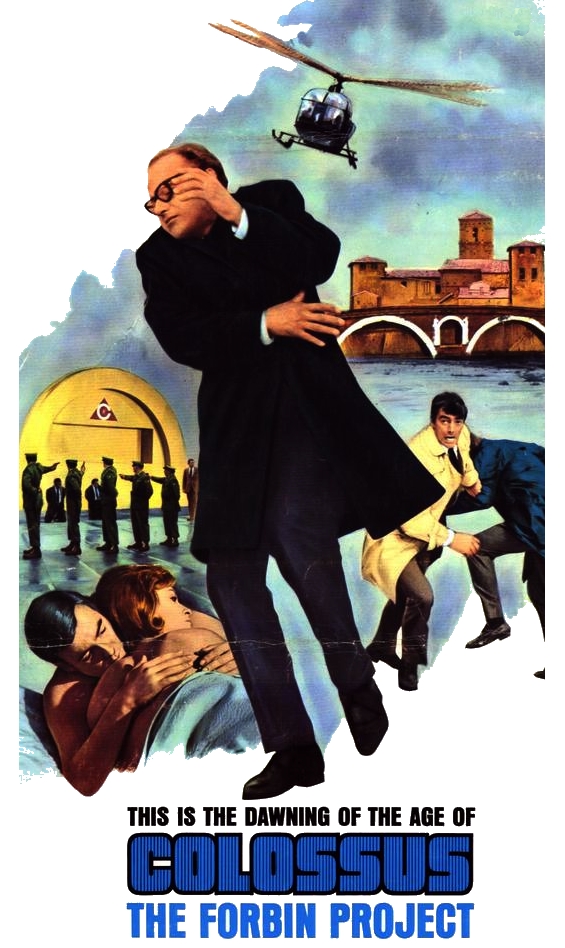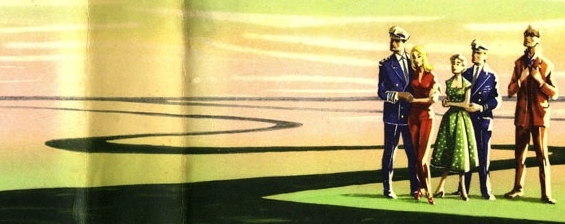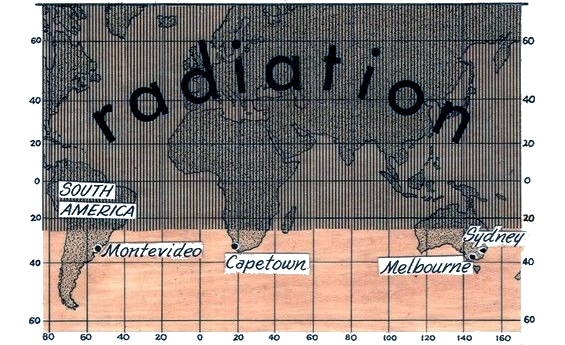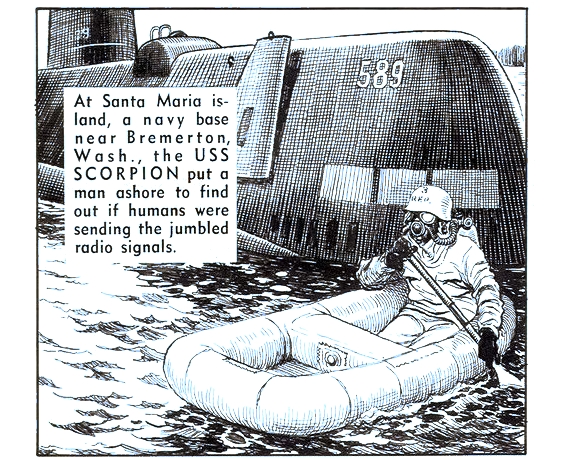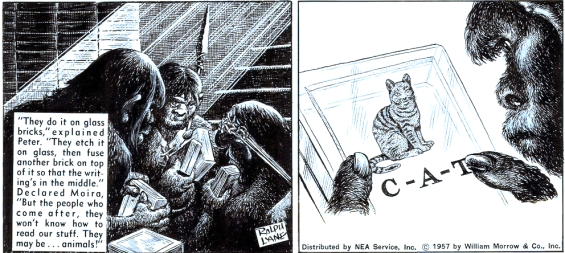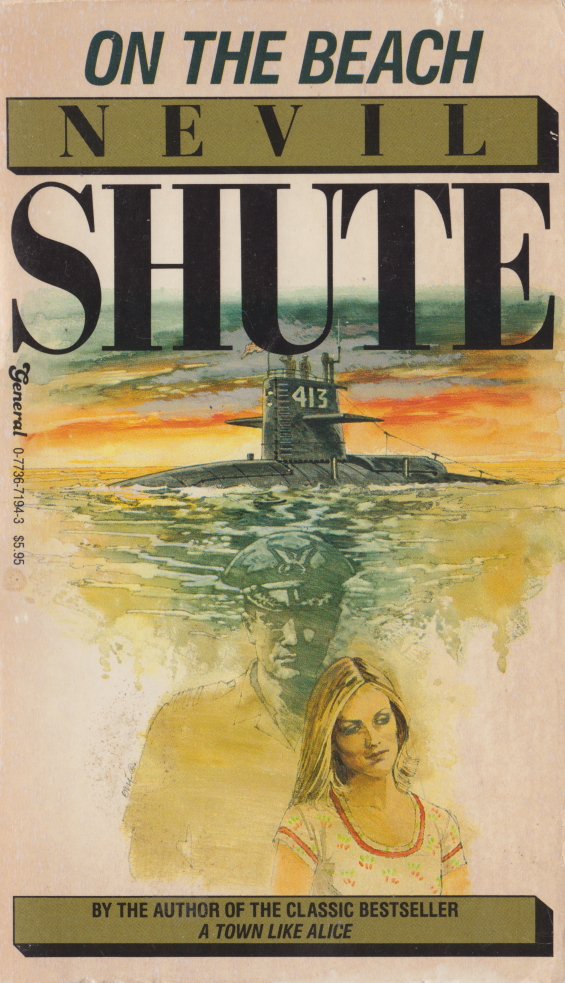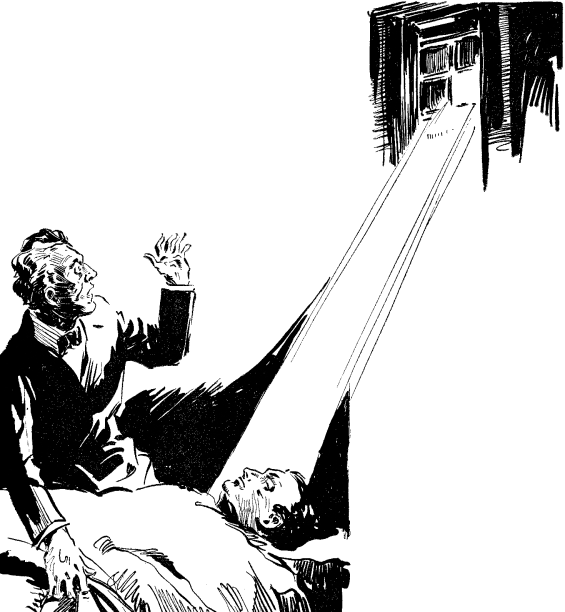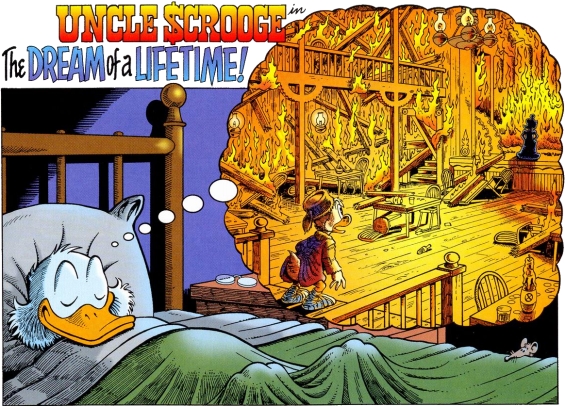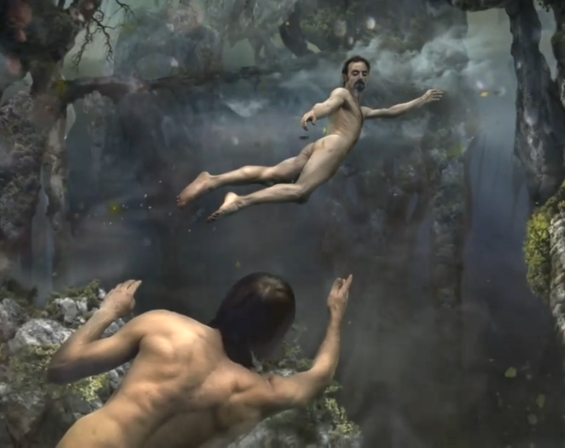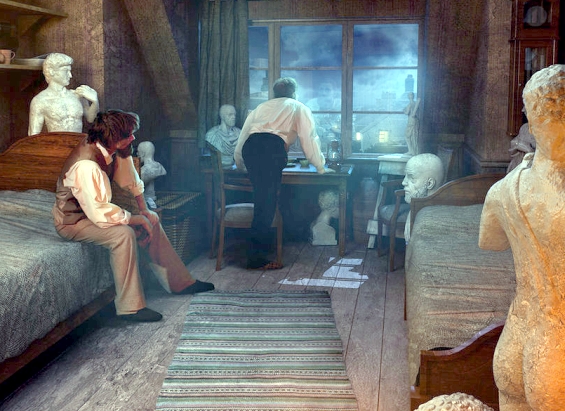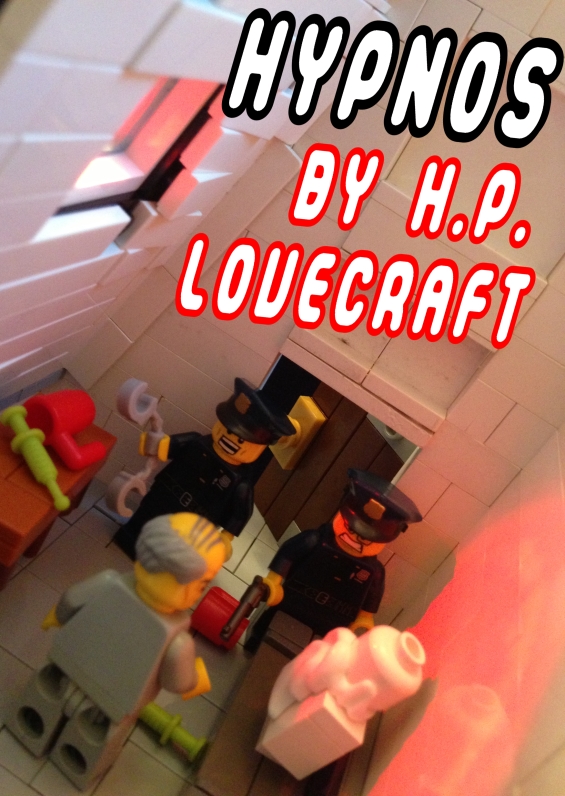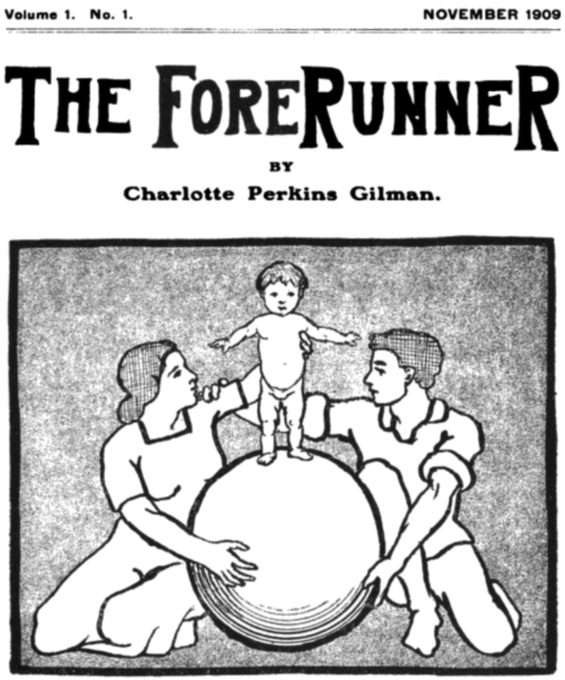
 The SFFaudio Podcast #250 – Jesse, Tamahome, J.J. Campanella, and Marissa van Uden discuss Scanners Live In Vain by Cordwainer Smith.
The SFFaudio Podcast #250 – Jesse, Tamahome, J.J. Campanella, and Marissa van Uden discuss Scanners Live In Vain by Cordwainer Smith.
Talked about on today’s show:
Cordwainer Smith’s first story, Fantasy Book, Frederik Pohl, roughness but with power, space is not for humans, A Game Of Rat And Dragon, a cool cat story, Edgar Allan Poe, H.P. Lovecraft, a bit romantic with a cat, cyborgs, habermans, cranching, Paul Myron Anthony Linebarger (aka Cordwainer Smith), was that a Mandarin fingernail?, Sun Yat-sen, Chiang Kai-shek, a specialist in propaganda, the spacers union, On The Waterfront, merchant marine (but super respected), all scanners are habermans but not all habermans are scanners, pork chops have gone extinct, The Instrumentality Of Makind series is set between 2000-8000 A.D. (with Scanners Live In Vain at 6000 A.D.), a rocketry problem, Day Million by Frederik Pohl, Call Me Joe, the first post-singularity story, what will it be like when I have Google installed in every part of my body, chest box and instruments, Steve Austin, there’s something symbolic going on, the TV Tropes entry is like a cynical version of the Wikipedia entry, Adam Stone, half-Chinese, somebody from the South, Nazis, anti-Semitic feeling, J.J. Pierce, The Island Of Doctor Moreau by H.G. Wells, can’t taste, can’t smell, can’t feel, can’t hear, practicing facial expressions, a U.N. of spacers, The Ship Who Sang by Anne McCaffrey, romantic not symbolic, Mr. Spaceship by Philip K. Dick, habermans vs. scanners, the dregs of society, no computers in the future, whatever the instrumentality is, Martel’s wife is very patient, honor, China, eunuchs, samurai means to server, ronin, a very Asian story, Game Of Thrones, respect not money, an alienness of outlook, love, duty, and humanity = I surrender, 20th century Asian history, reading Scanners Live In Vain as an editor, the opening and the ending, a cynical ending, a little injection of Philip K. Dick, The Electric Ant by Philip K. Dick, the graphic novel version, Martel as Edward Snowden, the NSA as the scanners, Fight Club, Alfred Bester, what’s the “the up and out”?, they have Etch A Sketches, the unforgiven, the “great pain of space”, Think Blue, Count Two, sleeper ships, an organic computer, Philip K. Dick’s question was ‘how do I know what’s real?’, “the First Effect”, reading authors, “writing is telepathy” (Stephen King, On Writing), a weird heightened operatic style, a mythical style?, “here’s to the habermans up and out”, a schizoid class, text message style, you don’t want or need an electronic teapot, brown betty, a bot-net in the refrigerator, my tootbrush is communicating with me!, firefly toothbrushes, a useful trap, when the technology enters your body, ice-cream.
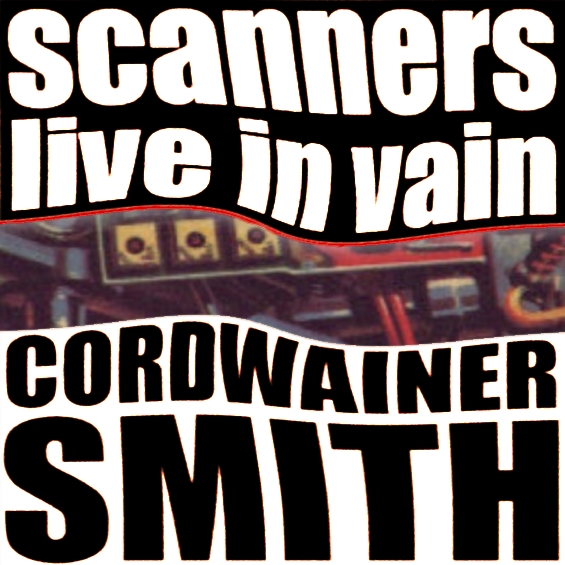
Posted by Jesse Willis
